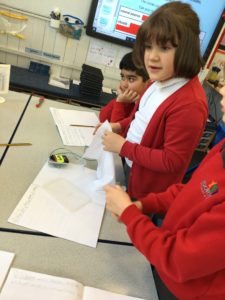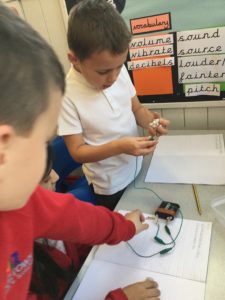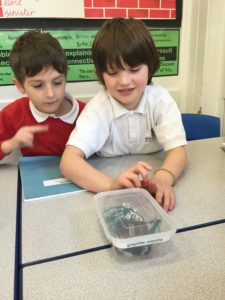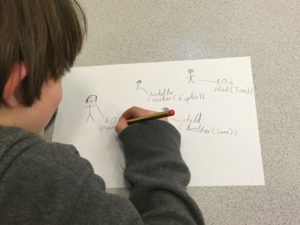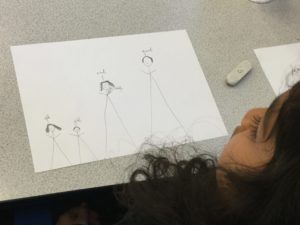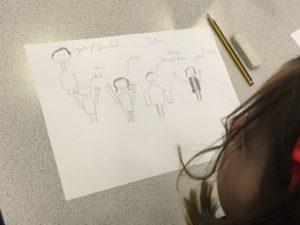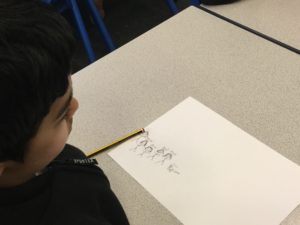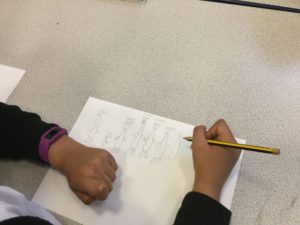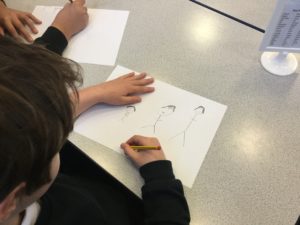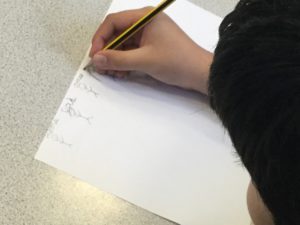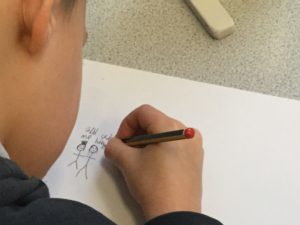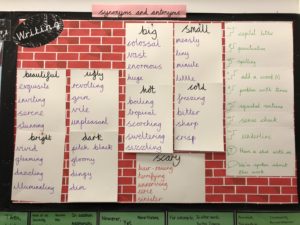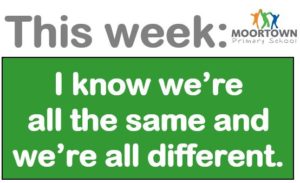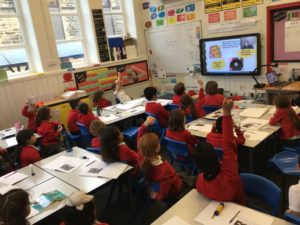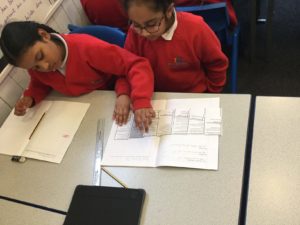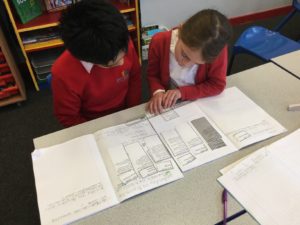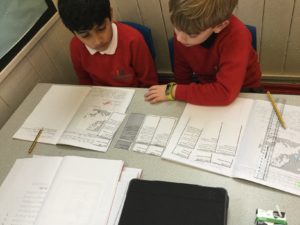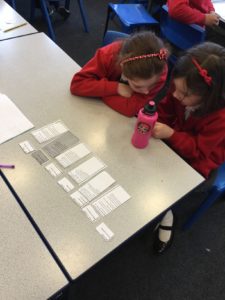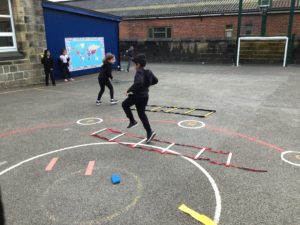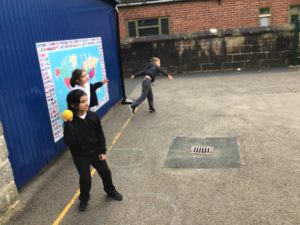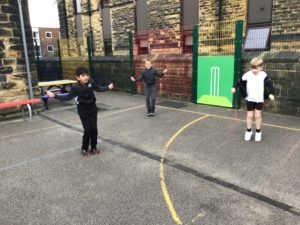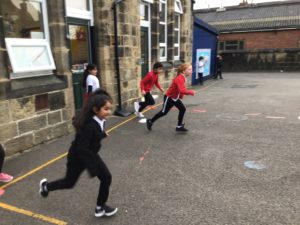This week, the whole school has the same Practise Makes Perfect homework which children should be ready to discuss as part of our homework review on Friday 27th November.
I know the key vocabulary from our history topic.
This homework is a response to our ongoing learning in History.
Throughout the half term, Y3 and Y4 have been learning all about Ancient Greece. Within this learning, we have been exploring some relevant vocabulary, too.
For your homework, we’d like you to learn the different vocabulary. You may know some, all or none of the meanings of the words already.
The pieces are vocabulary are: oligarchy, empire, bias, government, democracy, chronology, influence, legacy, citizen.
The definitions are below.
There are lots of fun ways you can learn our vocabulary and help remember what each word means:
– Draw it – draw a picture to go with each word
– Flash cards – make a set of flashcards that have each word on
– Actions – you could create some actions to go with each word
– Sentences – can you make a sentence containing a word?
– Songs/rhymes – can you make these to help your remembering?
| chronology |
empire |
democracy |
| Arranging events in the order in which they happened. |
A vast group of countries or states controlled by a single ruler. |
A government where all citizens have a say in how the place they live is run or governed. |
| government |
legacy |
bias |
| The group of people who run or govern a place. |
Something that is handed down or left by a person or thing. |
A preference for something based on personal opinion rather than facts. |
| influence |
citizen |
oligarchy |
| Having an effect or power on someone or something. |
An inhabitant of a particular place. |
A government that is ruled by a small group of powerful and often rich people. |
Times Tables:
Your child’s login details for Times Table Rock Stars is stuck into their homework books. Please login to both TTRS and Numbots and practise regularly.
Also, a huge well done to Y3 and Y4 who won their respective Times Table Rock Stars battles with Y5 and Y6! Amazing work! Keep it up!
